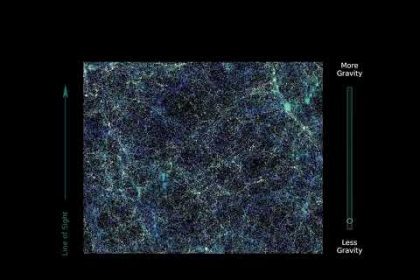Rice University researchers have succeeded in making a new type of smart material that can adjust its transparency by changing the temperature. Compared to similar materials, this new material has higher durability, clarity and response speed.
According to the scientific news department of Tekna Technology Media, a study whose results have been published in Joule magazine shows that this new polymer compound can be significantly effective in reducing the energy consumption required for cooling indoor spaces. Considering the increasing global temperature and the urgent need to reduce energy consumption, this scientific achievement can be considered an important step towards the development of sustainable technologies.
Air conditioning systems, which are widely used to cool indoor spaces, have a significant contribution to the world’s energy consumption. In addition, these systems use greenhouse gases that contribute to climate change. One of the new solutions to reduce energy consumption in cooling systems is the use of thermochromic materials. These materials change their transparency as the temperature changes. In this way, they can be used to make windows and building covers to reduce the indoor temperature on hot days by reducing the sunlight entering the building.
A new material developed by Rice University researchers has more advantages than existing thermochromic materials. This material is more resistant to environmental factors such as sunlight and temperature changes. Also, this material has high transparency and allows natural light to penetrate into the building. This material quickly reacts to temperature changes and adjusts its transparency. This new material can be used in various industries such as construction, automotive and electronic industries. For example, it can be used to make smart windows, car wraps and electronic displays.
The development of this smart material is an important step towards reducing energy consumption and improving energy efficiency in buildings. Using this technology, buildings with lower energy consumption and a more sustainable environment can be achieved.
To see the latest news, refer to the scientific news page of Tekna Media.
RCO NEWS















